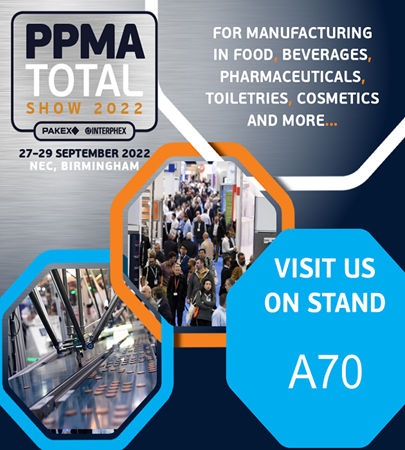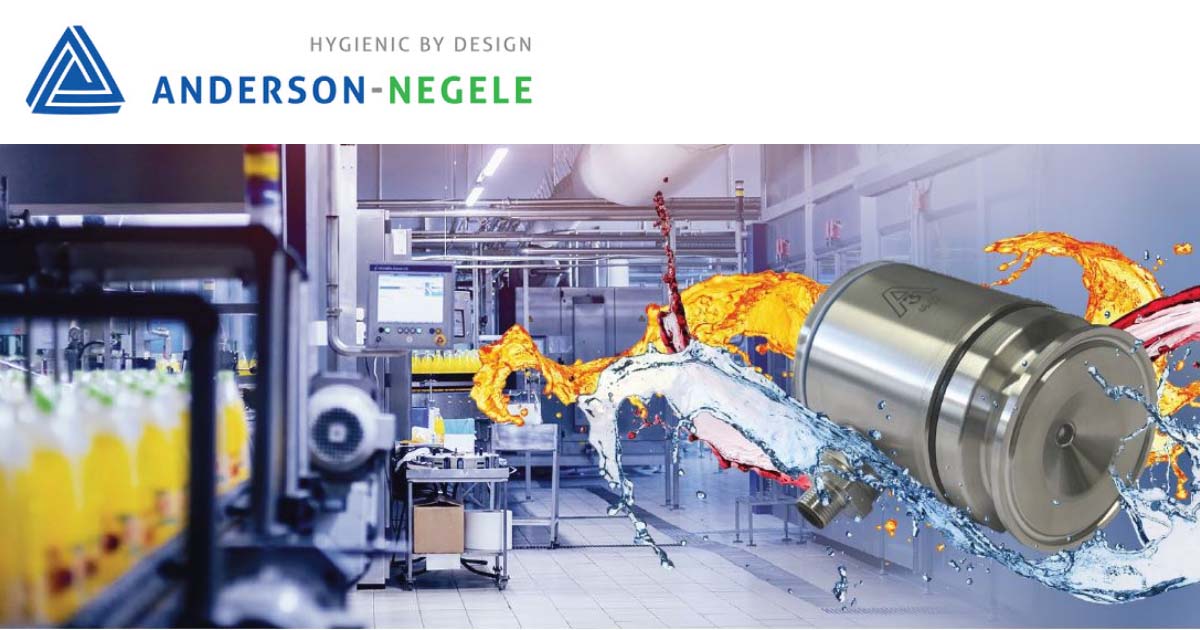
Juice and beverage production with refractometer
How to optimize the inline blending process, ensure product quality and save costs.
In many applications, the inline Brix analysis of products enables automated and highly accurate process control and quality monitoring.
Especially when blending and filling juices, syrups, nectars, soft drinks, and other beverages, the refractometer IRM-11 can...
- Measure and monitor the quality of the components with high precision
- Control the dosage during the blending of the products with high precision
- Ensure during filling that the correct product with the correct quality is in the process
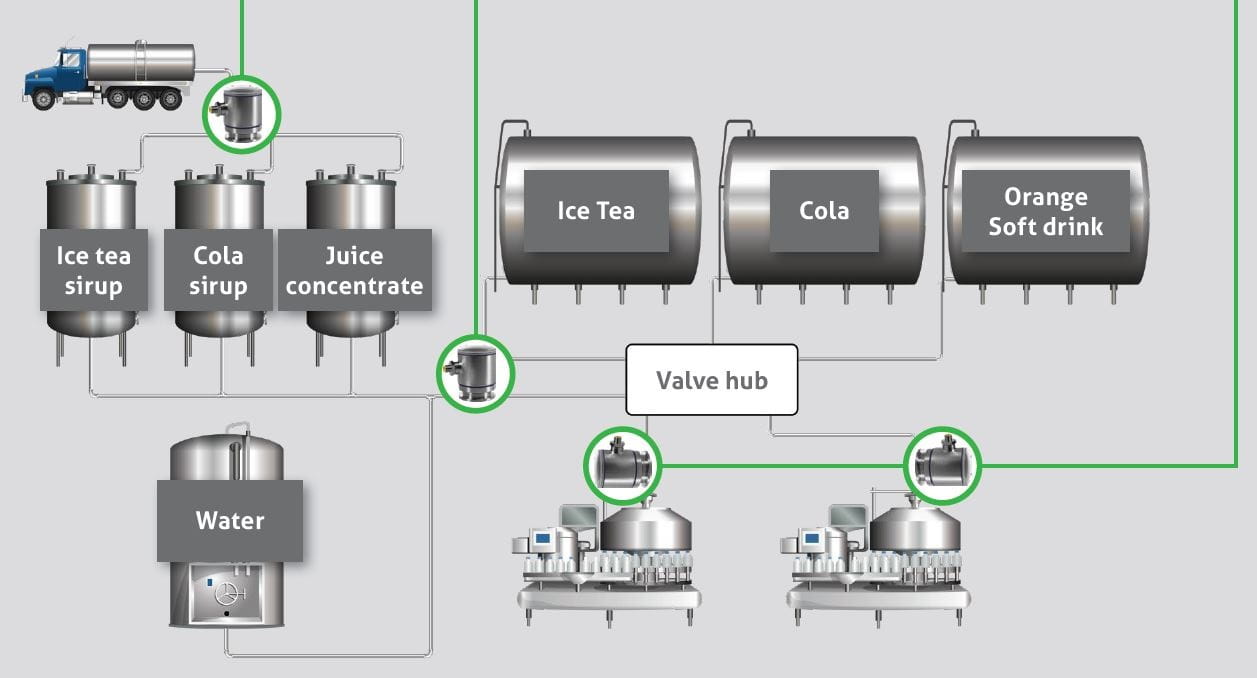
The Application
In beverage production, syrups, juice concentrates, or other components are usually blended with water according to specified recipes, then stored in stacking tanks, and finally filled into bottles or containers, which are often product-specific.
If a preliminary component, e.g., a juice concentrate, does not precisely meet the specifications or if the blending process itself is incorrect, e.g., caused by a wrong valve switching, the entire product may be defective.
It is also possible that the wrong product is bottled due to incorrect phase transition. If this is only detected during the final quality control, a complete production batch may have to be disposed of.
With a refractometer, each process step can be controlled by measuring the dissolved sugar in the liquid. If this Brix-control is made with manual samples and hand refractometers, this requires a very high workload for the personnel, e.g., every 20 minutes. In addition, an error can only be detected afterward, so that the production quantity between two samples or a complete filling batch can be affected and must be disposed of.
The Anderson-Negele and OEM Automatic Solution
The IRM-11 refractometer is integrated into the process and continuously measures the Brix value, which is the concentration of dissolved substances in the products such as sugar, with high accuracy.This allows the user to differentiate each component or product. Three essential features of the IRM-11 are the basis for its highly efficient process analysis:
Application advantages
- The measurement is inline, temperature compensated, and continuous (measuring interval adjustable from 2 s). This saves labor costs for manual sampling and ensures correct measurement results in real-time.
- When measuring manually, the entire manufactured product between two measurements can be defective. IRM-11 can avoid these product losses due to its permanent measuring method
- The compact, all stainless-steel design, and the simple, flush installation without bypass ensure maximum operation dependability in all applications.
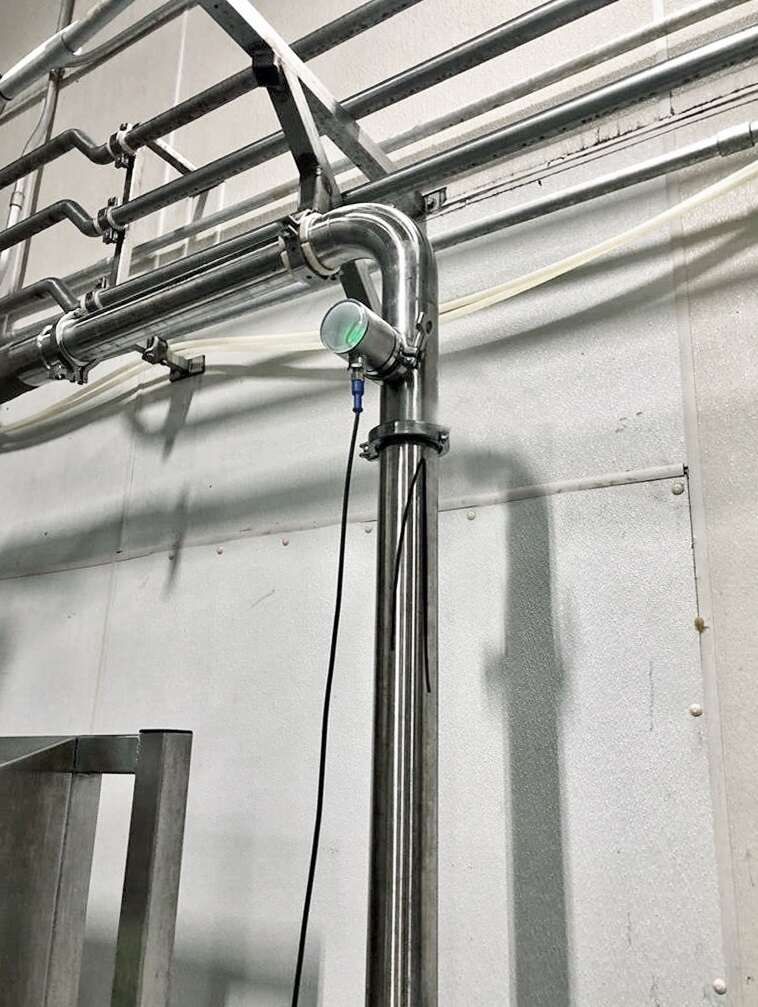
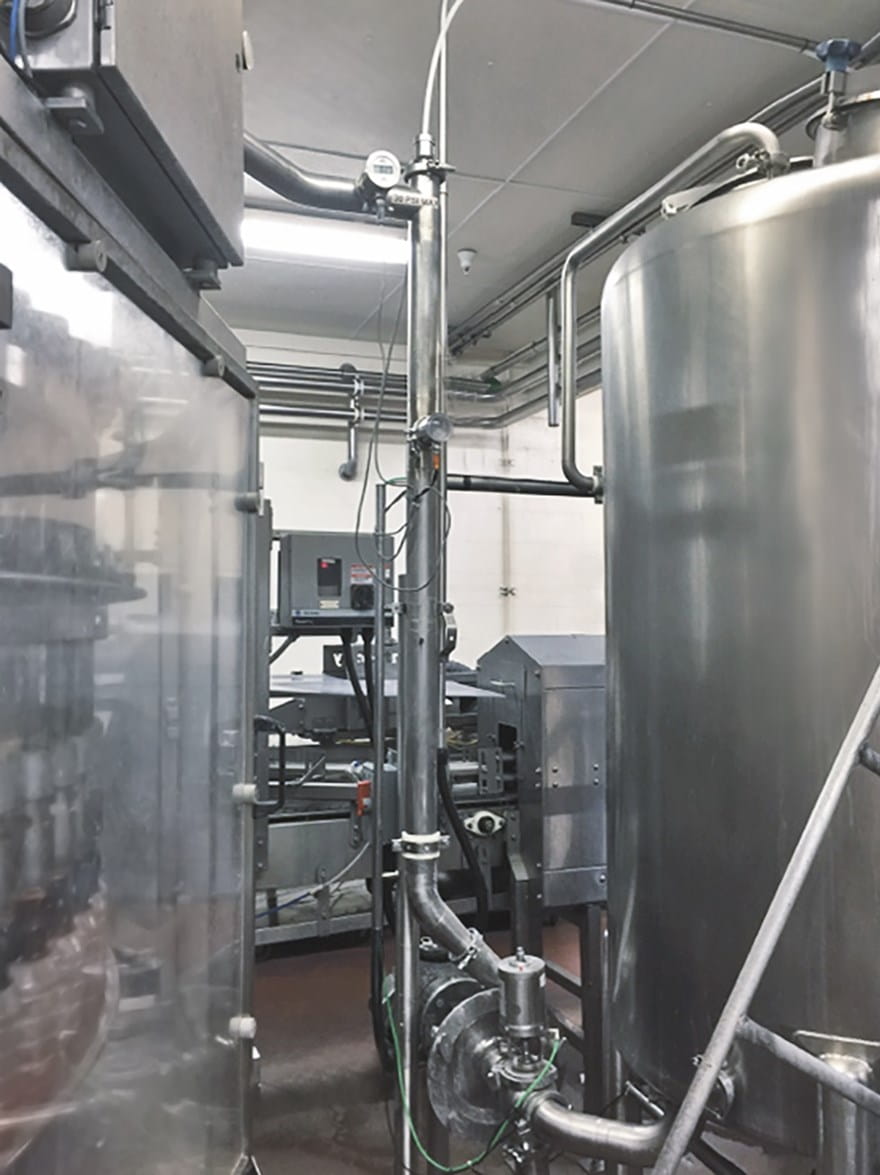
Sensors Recommended in this application

Anderson Negele Turbidity Sensor ITM-51
ITM-51 & ITM-51R
- Infrared Backscatter Principle
- Measuring Range > 2000 NTU (> 500 EBC)
- Operating Pressure Max 16 Bar
- Approvals: FDA; 3-A
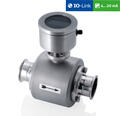
Anderson Negele Magnetic-Inductive Flow Meter FMQ
FMQ
- Magnetic-Inductive
- Measuring Range 0.1...10 m/s
- Operating Pressure 0.1...11 Bar Absolute
- Approvals: FDA; 3-A

Anderson Negele Magnetic-Inductive Flow Meter FMI
FMI
- Magnetic-Inductive
- Measuring Range 0.1...10 m/s
- Operating Pressure 0.1...11 bar absolute
- Approvals: FDA; 3-A
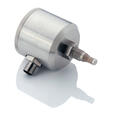
Anderson Negele - Capacitive level switch - Food NCS
NCS-01, NCS-02, NCS-11, NCS-12, NCS-L
- Capacitive limit switch
- Measuring range Dk ≥ 20
- Operating pressure max 10 bar
- Approvals: FDA; EHEDG; 3-A
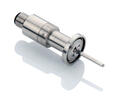
Anderson Negele - Temperature sensor, Tri clamp, 3A
TFP-47, -57, -67, -167
- Temperature measurement in pipes and containers
- Tri-clamp connection without adapter
- Material according to FDA
- Conforms 3-A Sanitary Standard 74-06
Contact the Pressure & Flow Team with your application enquiry:
Call: 0116 284 9900
.jpeg?mh=450&mw=450&hash=27E2293124F0795A5849E890819BC825)

.jpeg?mh=450&mw=450&hash=1DC35F9F1B8479CD153C10ABF112631A)
